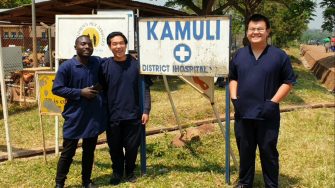Engineering’s helping hand for international hospitals
A well-regarded UNSW engineering program that repaired medical equipment in low-income countries is looking to make a comeback, with the School of Biomedical Engineering aiming to assist hospitals in Tonga.

